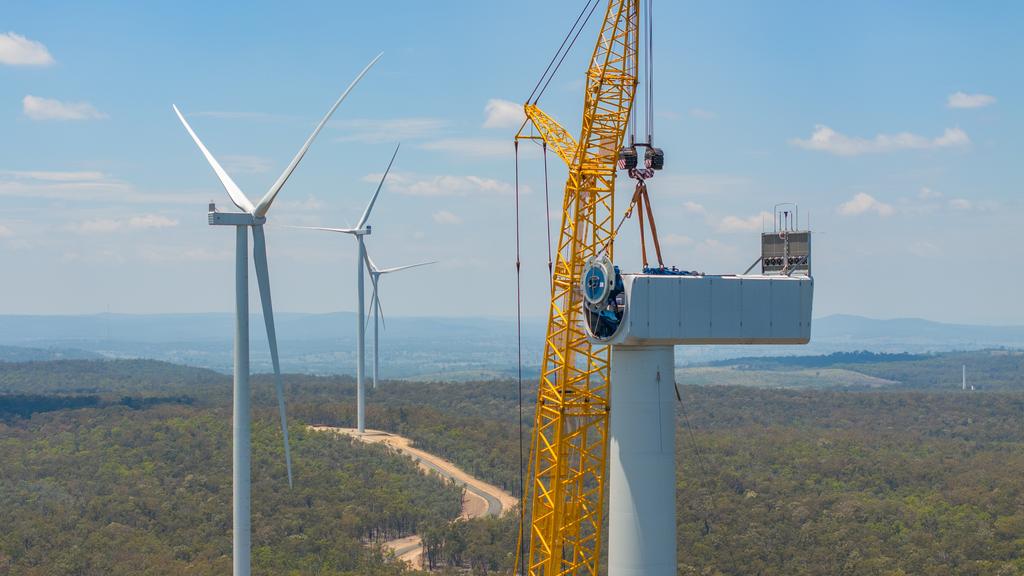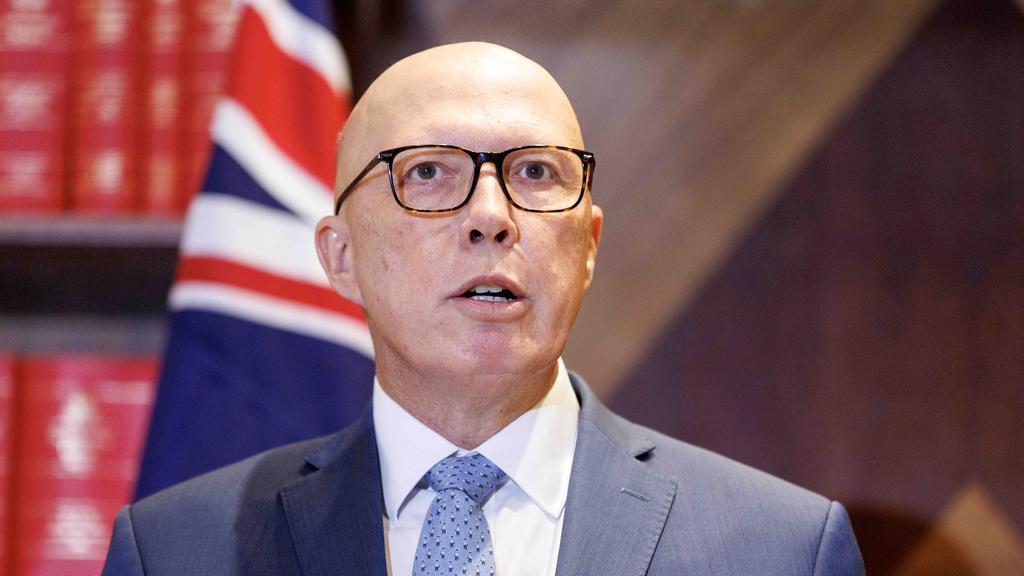
Article by Perry Williams, courtesy of The Australian
17.03.2025

Australia’s energy infrastructure tsar Tony Mahar said the rollout of the nation’s renewable and transmission projects faced significant hurdles to win over rural communities, with contractors taking over from developers as the industry’s “cowboys” amid a rush to develop new supplies.
Mr Mahar, who became Australian Energy Infrastructure Commissioner in late December, said the sheer pace of a green rollout across Australia meant there was a degree of mistrust in the community about where solar, wind and transmission towers were being built.
“The rollout still has some challenges,” Mr Mahar said. “And there are some serious and real challenges around how it has happened. And I have seen that complete disconnect where regional and rural communities feel like they are having this transition done to them rather than done with them.”
Mr Mahar, a former National Farmers Federation chief executive, took over the job from Andrew Dyer, who spoke about weeding out “cowboys” from the industry after an independent report found their multibillion-dollar projects were creating anxiety and mistrust in rural communities.
Building bigger projects meant the majority of developers no longer fit into the “cowboy” camp, according to Mr Mahar, but some of that mistrust had been passed along to contractors and subcontractors who are building the facilities and who are failing to lock gates and deal with biosecurity issues.
“The commitments and behaviours need to flow right down to contractors on the ground,” Mr Mahar said.
“If people have concerns about the energy rollout and they’ve got to drive on crappy roads that have had B-doubles and cement trucks going up and down them, guess what? Their concerns are going to get exacerbated, and they’re going to get cranky every time they have to drive on that road.”
Australia must build about 10,000km of high-voltage power lines by 2050, and developers are searching for potential new developments to connect to them.
The Coalition’s plan for a major nuclear rollout was also emerging as an issue for Mr Mahar to juggle, as Peter Dutton seeks to win power at a looming election on a radically different energy platform to Labor.
“That would be up to the Coalition to determine. This position has been changed from a wind commissioner, it’s now energy infrastructure commissioner and I suspect it could change again depending on the energy agenda.”
Australian Farm Institute chair Alexandra Gartmann told The Australian’s Global Food Forum in Melbourne on Friday communities had been divided by the energy transition.

“Communities have been fractured and judgments are being made on who is getting what and who is being able to negotiate commercial outcomes versus what are the projects that are publicly funded and therefore not a great outcome and ultimately go to compulsory acquisition,” Ms Gartmann said. “There’s real conflict between are we valuing food production or are we valuing energy production.”
Mr Mahar said developers must bring communities with them on major green projects.
“We’ve still got a big job to do this and to get it right. We’ve got to get the balance right, and compensation too. The intent and the willingness from companies is there to do better, which is promising for me. Because I want to drive that balance and it needs to be better for sure. The companies are aware they must do better.”
The Australian reported last week the Albanese government would fail to hit its target of 82 per cent renewables by 2030, with green energy reaching only 65 per cent by the end of the decade even under a best-case scenario.
The energy consultant said the 17 per cent shortfall would be compounded by infrastructure bottlenecks and longer supply wait times which would hamper the rollout of renewables and energy storage, affecting energy security.




